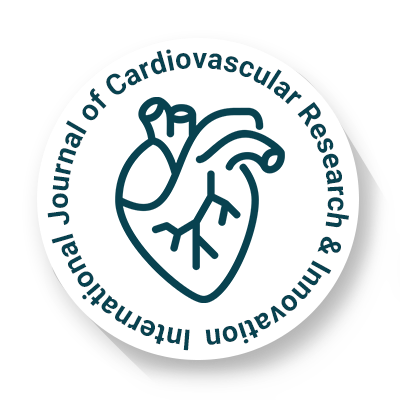
International Journal of Cardiovascular Research & Innovation
OPEN ACCESS

OPEN ACCESS

Department of Chemistry, Utkal University, Odisha, India
Cardiovascular disease (CVD) continues to be a major worldwide health issue, mainly caused by inflammatory pathways. Neutrophils are crucial immune cells that have a significant impact on inflammation and tissue damage in the cardiovascular system. High levels of neutrophils play a key role in causing atherosclerosis, unstable plaques, and vascular damage, making high neutrophil counts a reliable indicator of higher cardiovascular disease risk. Recent research has concentrated on the gut microbiome, which is a complicated collection of microorganisms that impacts different bodily functions, such as immune regulation. Metabolites originating from the microbiome, like SCFAs and TMAO, can either enhance or reduce inflammation and have a notable effect on neutrophil activity. Although the potential for microbiome-based interventions to influence immune responses and lower the risk of CVD is impressive, numerous studies are constrained in their scope and duration, lacking a standardized method for comprehending these interactions. This review seeks to examine how changing the microbiome can affect neutrophil behavior and inflammation, highlighting the importance of ongoing clinical research and comprehensive, multi-omics methods to fully understand the benefits of using microbiome strategies for preventing and managing CVD.
Received 09 July 2024; Revised 30 July 2024; Accepted 07 August 2024
Department of Chemistry, Utkal University, Odisha, India